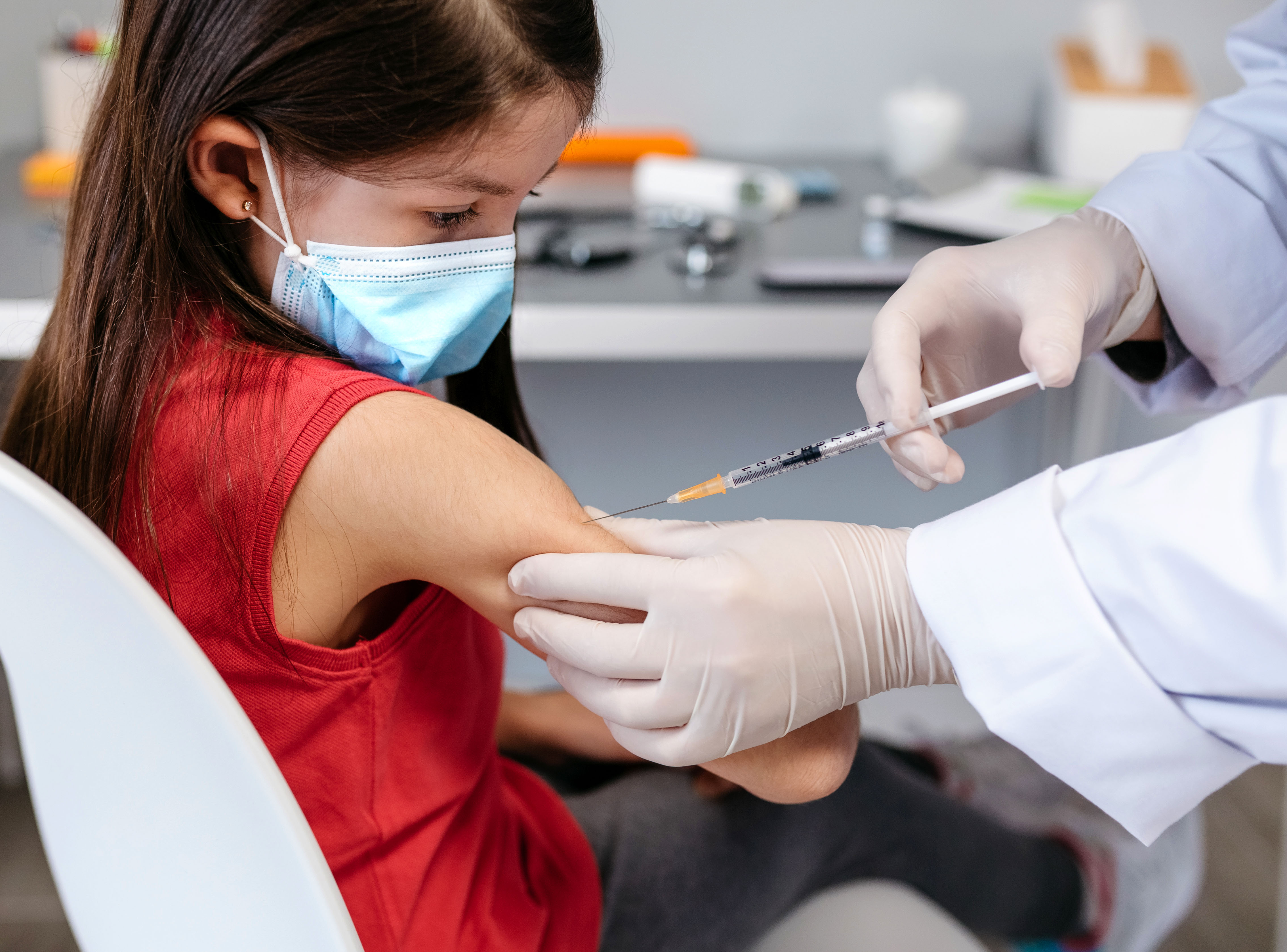 Doctors are not being properly funded to deliver the COVID-19 vaccine rollout to children, says a leading WA GP.
Doctors are not being properly funded to deliver the COVID-19 vaccine rollout to children, says a leading WA GP.
Dr Ramya Raman, who chairs the WA faculty of the Royal Australian College of GPs, said that while practices had lacked adequate resourcing to carry out COVID vaccinations across the board, it was particularly problematic when dealing with young children.
She said that without adequate support, it made it harder for practices to get the job done and make ends meet.
“GPs are perfectly placed to deliver children’s vaccinations, as we do routine immunisations for kids every day,” she said.
“But vaccinating children is a more complex job, as anyone who vaccinates children knows, because they require more time and space as their parents come too.
“We know vaccination can be daunting for children and their parents, and we have the expertise to make the experience as comfortable as possible, which is why most parents naturally want to go to their GP for their child’s vaccine.”
Dr Raman said GPs were well-versed in vaccine counselling, which was particularly important at the moment because of the surge in anti-vaccination messaging.
There have been reports across Australia of stalling childhood vaccination rates, and not just of COVID jabs.
New research released last week found expectant parents were being bombarded with misinformation about childhood vaccines on social media and among community groups.
The Flinders University study found vaccine anxiety was driving parents to seek information from sources where misinformation was rife, including social media.
An earlier University of Adelaide study found parents were more likely to refuse COVID vaccinations for their child than the proportion of adults refusing vaccination for themselves.
“There is a lot of misinformation out there, so it’s not surprising some parents are confused and unsure what to believe or where to turn,” Dr Raman said.
“This is a concern in WA too. While we have high childhood vaccination rates in Australia, with 95% of five-year-olds having received all scheduled childhood immunisations, vaccine hesitancy remains a serious threat.
“And we know the pandemic has led to the rapid spread of vaccine misinformation on social media.”
Dr Raman said that in WA, like other States, the uptake of COVID vaccines in 5 to 11-year-olds had been slower than older groups.
A round table of Federal and State government representatives and public health experts was due to meet to discuss the plateauing vaccination rate.
“We need to look at what’s happening and find out what the barriers are for parents and care-givers and throw everything we have it this,” she said.

